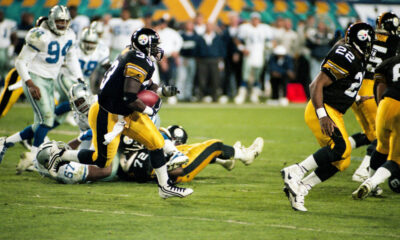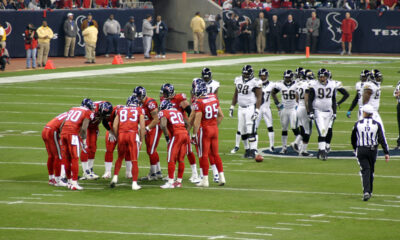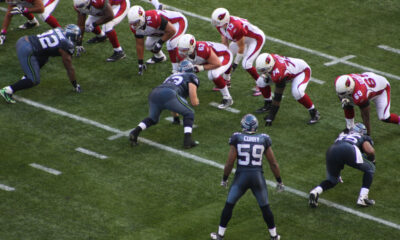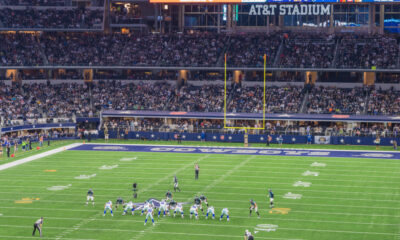Brett Favre’s Parkinson’s Diagnosis Sheds Light on the Neurological Disease
Understanding Parkinson’s Disease
Parkinson’s disease (PD) is a progressively debilitating nervous system disorder that impairs movement. According to Lehr, the disease is believed to be caused by a mix of genetic and environmental factors which could include head injuries, pesticide exposure, or residential location. This year alone, 90,000 people in the United States are expected to be diagnosed with PD.
Notable Figures Living with Parkinson’s
Prominent figures like actor Michael J. Fox, former NBA player Brian Grant, American cyclist Davis Phinney, and former MLB manager Kirk Gibson have all publicly disclosed their diagnoses and become advocates for awareness and research into Parkinson’s. In the sports industry, numerous other figures have also been diagnosed with PD, including the late New York Giants and New York Jets punter and broadcaster Dave Jennings, and former NBA coach Jerry Sloan.
The Progression and Impact of Parkinson’s Disease
PD is a neurological disorder with no known cure currently. Early symptoms usually manifest as mild tremors, stiff or jerky muscles, decreased mobility, and cognitive issues like depression, anxiety, fatigue, and memory problems. Over time, the disease gradually deteriorates nerve cells in patients’ brains, particularly in the substantia nigra, a region responsible for dopamine production. Dopamine, besides heavily impacting mood, facilitates communication between the nervous system and the brain. Scientists are still working to understand the exact cause of this cell degeneration.
Factors Influencing the Onset of Parkinson’s
Several potential factors have been identified in studies, including rare genetic predispositions and exposure to certain chemicals, such as herbicides and pesticides. Parkinson’s affects more men than women. The average age of diagnosis is 60, and it’s rare for people under 50 to be diagnosed.
The Role of Dopamine in Parkinson’s
Dopamine is crucial for the brain to control the body through the nervous system. It aids in memory, sleep, and concentration and is best known for regulating mood and providing feelings of motivation, satisfaction, and pleasure. In Parkinson’s patients, physical symptoms are often accompanied by sleep disorders and cognitive decline.
Prevention and Treatment
While no sure way of preventing Parkinson’s has been discovered yet, regular aerobic exercise and caffeine consumption have been associated with lower risk. Currently, the most common treatments involve medications aimed at blocking the enzymes that break down dopamine, as well as medicines to help control involuntary jerking and tremors.
Favre’s Testimony and Beyond
During Favre’s testimony to congress, he mentioned that a concussion drug treatment was “too late” for him. Nevertheless, with advances in medical research, some patients have been able to successfully delay the worst symptoms for months or even years. Dr. Michael Okun, a neurologist at the University of Florida Health, expressed that the diagnosis of Parkinson’s should not be the end of hope, as there are many effective treatments that allow patients to live well with the disease for many years.
The Involvement of Prevacus
Favre had previously testified about welfare reform before the House Ways and Means Committee. He had invested over $800,000 into Prevacus, a company that received nearly $2 million in welfare money to develop a medication to mitigate the effects of repeated head injuries. The company’s founder, Jacob VanLandingham, later pleaded guilty to wire fraud when it was revealed that some of the welfare money earmarked for the drug was used to cover gambling debts.

 BOS
BOS  CHC
CHC  SD
SD  WSH
WSH  DET
DET  TEX
TEX  BAL
BAL  TB
TB  HOU
HOU  SEA
SEA  CHW
CHW  PIT
PIT  CIN
CIN  NYM
NYM  MIL
MIL  LAD
LAD  MIN
MIN  COL
COL  OAK
OAK  CLE
CLE  NYY
NYY  ATL
ATL  STL
STL  ARI
ARI  LAA
LAA  PHI
PHI  SF
SF  TOR
TOR  KC
KC  MIA
MIA 







